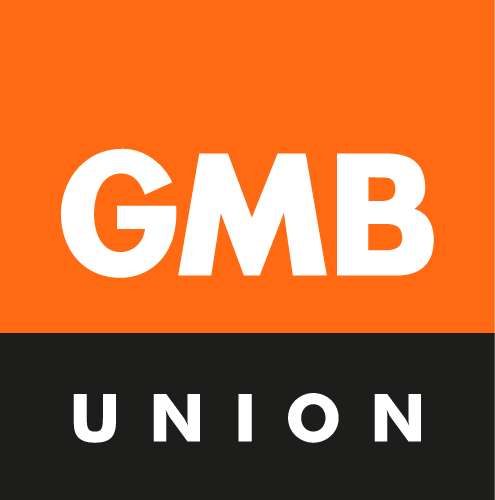The GMB union (specifically GMB’s London Region) is launching a Jewish Faith Workers’ Branch, workers eligible for membership include, but are not limited to, rabbis, rebbetzins, student rabbis, chaplains, and youth leaders. Steve Garelick, the GMB officer responsible for organising the workers has said that the reason the branch (after over four years of planning) has come into existence is that fundamentally “these are workers, and they need protection.”
Rabbi David Mason, who is the newly elected branch chair, and, along with Rabbi Richard Jacobi, has also been one of the main organisers on the project elaborated further. He was keen to stress that the branch will be cross-denominational (for instance, Mason is from the Orthodox movement, but the branch already has members from the Reform movement, such as Richard Jacobi), and that it will be a benefit to all rabbis. Mason explained that rabbis are often isolated workers (As there is often only one per synagogue) and, consequently, that they “Need to develop a voice” as this is “Often reduced when it comes to pay and conditions”.
Furthermore, rabbis have distinct employment problems. Mason cited that it is often expected that a rabbi’s spouse will also provide paid services to the synagogue, creating a complex employment unit. He also noted that often, a rabbi’s house is owned by the synagogue and therefore, a rabbi may feel tied to the employer even if the employment relationship is poor. Due to the responsibilities of this role, rabbis can be vulnerable to serious allegations of misconduct and placed under heavy workload.
Recently, there has been discussion about the importance of trade unionism connecting with communities. This is an example of that. While not as economically central in the way that mines were to pit villages, communal-religious bodies like synagogues, can be culturally central to their communities. Like trade unions (they are membership organisations), rabbis provide an important leadership function. In Mason’s words they are “Employed by the community to lead the community”.
Although Jewish congregations are led by the laity (most synagogues will have a president who will be the line-manager to the rabbis hired by the synagogue) rabbis play a fundamental role in Jewish communities as they administer and interpret Halakhah (Jewish law). For instance, their input is vital at weddings, funerals, and they also have a significant role in providing education in the community, particularly to children. In addition to being vital for ensuring adherence to Kashrut (dietary laws). Consequently, a rabbi’s terms and conditions of employment are dense and complicated, and rabbis can often be left quite isolated; hence why they have decided to unionise.
Further complicating the process of unionisation is the multiplicity of employing organisations for rabbis and that, unlike other workplaces where there may be a large collective of workers, there will often only be one rabbi per synagogue. There are eight main synagogal congregations in the UK, the largest of these is United Synagogues which is part of the Orthodox movement. Some of these employ rabbis on uniform terms and conditions (meaning that they are decided centrally and then distributed across the member synagogues) while others, such as Reform Judaism, grant the synagogues a high level of autonomy, allowing these synagogues to hire rabbis independently on varying terms and conditions.
Securing uniform terms and conditions will be hard, but it by no means impossible and the branch currently has members from the United Synagogue, Masorti, Reform, and Liberal associations. When asked about this, Garelick acknowledged the challenge, and said that “It won’t be quick and easy” but was adamant that the “law is quite clear” over employees’ rights to trade union representation and support. One viable approach will be to work with the main employer organisations to filter down agreements on terms and conditions to the synagogues. and it is possible that the branch will devise a template model of favourable terms and conditions to be taken to each employer.
Looking at the wider picture, that rabbis feel the need to create a trade union can be placed in the context of an increasingly vulnerable middle-class and the diversification of trade unions (Unite has a Church of England branch). It will be interesting to see what approach the members adopt to their newfound unionism while navigating the professional trappings of being a rabbi.
Mason said that he thought part of the reason the new GMB branch was exciting was because of the historic contribution of Jewish workers to the Labour Movement (for instance, GMB’s London headquarters has a historic banner inscribed with Yiddish) and that Jewish Labour Movement had been very supportive of establishing the branch. The main purpose of this branch, seen in its mission statement, is to advance the workplace interests of rabbis and, in the future, other faith workers. The GMB branch’s existence underlines that every facet of society is dependent on work and, therefore, workers and the more of those who are unionised the better.


